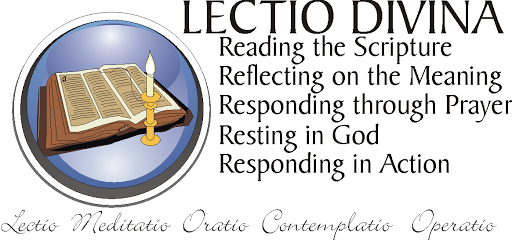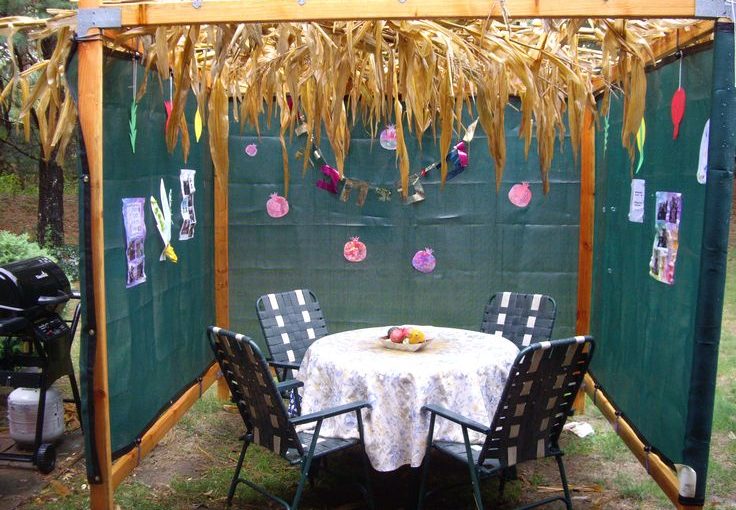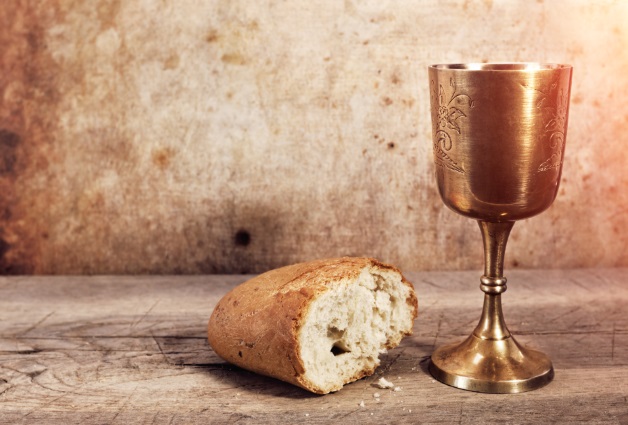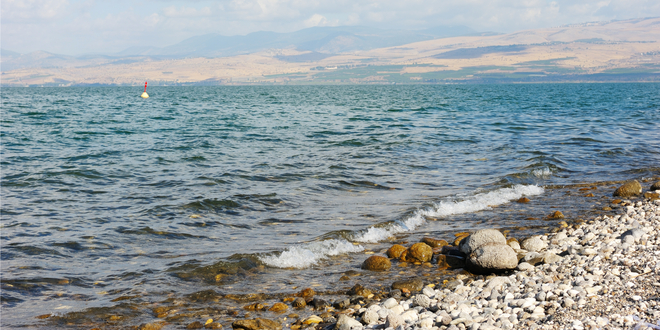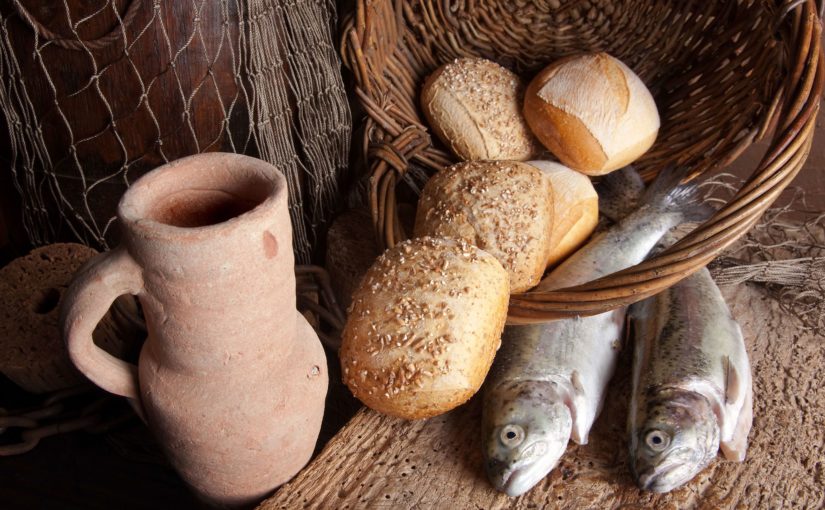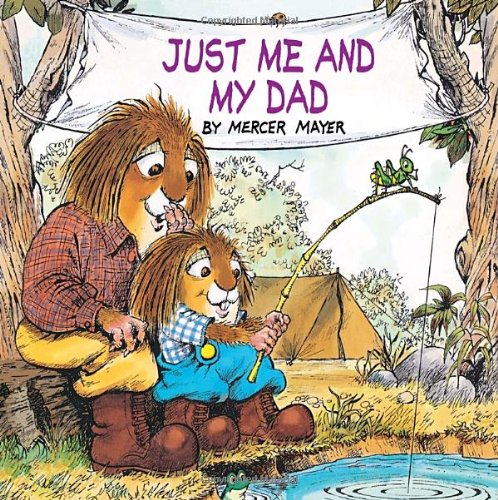John 7:10-36 (NRSV)
10 But after his brothers had gone to the festival, then he also went, not publicly but as it were in secret. 11 The Jews were looking for him at the festival and saying, “Where is he?” 12 And there was considerable complaining about him among the crowds. While some were saying, “He is a good man,” others were saying, “No, he is deceiving the crowd.” 13 Yet no one would speak openly about him for fear of the Jews.
14 About the middle of the festival Jesus went up into the temple and began to teach. 15 The Jews were astonished at it, saying, “How does this man have such learning, when he has never been taught?” 16 Then Jesus answered them, “My teaching is not mine but his who sent me. 17 Anyone who resolves to do the will of God will know whether the teaching is from God or whether I am speaking on my own. 18 Those who speak on their own seek their own glory; but the one who seeks the glory of him who sent him is true, and there is nothing false in him.
19 “Did not Moses give you the law? Yet none of you keeps the law. Why are you looking for an opportunity to kill me?” 20 The crowd answered, “You have a demon! Who is trying to kill you?” 21 Jesus answered them, “I performed one work, and all of you are astonished. 22 Moses gave you circumcision (it is, of course, not from Moses, but from the patriarchs), and you circumcise a man on the sabbath. 23 If a man receives circumcision on the sabbath in order that the law of Moses may not be broken, are you angry with me because I healed a man’s whole body on the sabbath? 24 Do not judge by appearances, but judge with right judgment.”
25 Now some of the people of Jerusalem were saying, “Is not this the man whom they are trying to kill? 26 And here he is, speaking openly, but they say nothing to him! Can it be that the authorities really know that this is the Messiah? 27 Yet we know where this man is from; but when the Messiah comes, no one will know where he is from.” 28 Then Jesus cried out as he was teaching in the temple, “You know me, and you know where I am from. I have not come on my own. But the one who sent me is true, and you do not know him. 29 I know him, because I am from him, and he sent me.” 30 Then they tried to arrest him, but no one laid hands on him, because his hour had not yet come. 31 Yet many in the crowd believed in him and were saying, “When the Messiah comes, will he do more signs than this man has done?”
32 The Pharisees heard the crowd muttering such things about him, and the chief priests and Pharisees sent temple police to arrest him. 33 Jesus then said, “I will be with you a little while longer, and then I am going to him who sent me. 34 You will search for me, but you will not find me; and where I am, you cannot come.” 35 The Jews said to one another, “Where does this man intend to go that we will not find him? Does he intend to go to the Dispersion among the Greeks and teach the Greeks? 36 What does he mean by saying, ‘You will search for me and you will not find me’ and ‘Where I am, you cannot come’?”
I find this extended debate sequence in John 6-8 confusing at times, troubling at others, for several reasons. In case you’re having that experience as well, I’ll name a few of the things that bother me.
One, I really wish John hadn’t used this linguistic tic of “the Jews” to refer to Jesus’ opponents among his culture’s leadership. I’ve written about this a couple of times before, but for the few souls out there who aren’t reading each day, I’ll just remind you that John was operating within an intra-Jewish dispute between those that followed and rejected Jesus, but later generations to inform or justify their anti-Semitism.
Two, it’s odd that Jesus refuses to go to the Sukkot festival one moment, but then shows up the next. Three, it’s unclear to me who’s picking the fight here. Certainly, the cultural elite and religious leaders had a bad reaction to Jesus’ work with the disabled man (Ch. 5) on the sabbath, but in these dialogues it’s Jesus who continues to have a strong reaction to interrogation, seemingly upping the dial on the tension each time.
With passages like this, I do three different things, depending on my time and inclination and how much I’m troubled. Sometimes, I shrug and walk away. The Bible is a huge collection of books, written in many different genres, millenia ago, and its value to me isn’t going to rise and fall on any one day’s interaction with part of one page. We can have a bit more humility and perspective than that, I hope.
Sometimes, I make it a point to do some research. I say, I’m going to talk to a pastor or other person that I think has likely studied this text more than me. Or I look up a resource online or my library or in an actual library, and dig around with my question a bit. I have more time and training for this kind of thing than the average person, but any of us could look up “John and the Jews” online and find this balanced article by a New Testament and Jewish-Christian scholar near the top of your search.
And then other times, I don’t have time or inclination to pursue my questions an interrogate the text more, so I practice an ancient and very useful method of reading called lectio divina, which means, literally, “divine reading.” In this method, you’re not reading for full comprehension but for something meaningful that can inspire you. You read once slowly to see what words or phrases stick out to you. You read a second time slowly and ask what these words or phrases mean to you, and then the third time you ask what to do about what you’ve learned.
In practicing this method today, I noticed some interesting things about expectations. Members of the crowd are saying, “We know where this man is from…” and to them, that is a liability. Jesus isn’t meeting their rather limited expectations. But Jesus says, “You know where I am from…” In fact, this is what he “cries out,” the text says. That they know him a bit already means they should better understand all that is he is and all he is doing. This makes me think about the expectations I carry around about God and about all the people I think about or bump into on a given day.
And it’s led me to pray this: Jesus, give me power to peer under the box I’ve put God into and to look around and beneath and above it as well. Surprise me today, and give me grace to be responsive to your surprise. And help me really see people, not just see who I think they are or expect them to be, but to see them as they are in this day, and to respond not with criticism or fear but with love and truth.
Tomorrow, we’ll practice lectio divina without training wheels. Enjoy!



